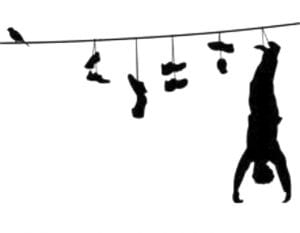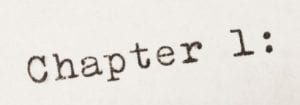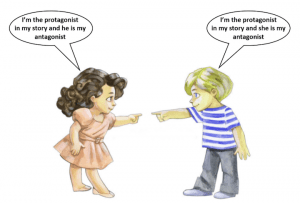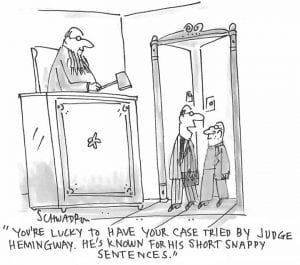How many of you check out the first paragraph when browsing a bookstand? When can’t overestimate the power of the first words in a novel and the importance of the first paragraph.
A friend was reviewing the start of my new book. I trust his judgement; he’s an avid reader. “I liked the first chapter,” he said, “but the opening paragraph just doesn’t draw me in—it gives no sense of place or context.” I agreed and went back to revise it. What is important is that I feel much happier about the opening now. It helps the main character as his arc unfolds, and it propels the plot. It starts with a quote that a senior staff member used when I began a new teaching position. So, here goes;
…
“Your best is never good enough,” were the words Sir Donald Bradford spoke at my orientation for the Foreign Service. Now, with retirement looming, I had to agree. I had given everything, but there was too much unfinished business and post-covid Europe was a diplomatic nightmare. Now, I needed time to myself and time to heal. With my camera as my companion, I explored The Mall, filled with tourists enjoying an ordinary day in picturesque London.
Lovers share a kiss by the steps. “Click.” Queen Victoria’s statue stares at them, stone-faced and not amused; very English. I lift my camera and to frame my next photo. Damn, a woman steps across the viewfinder, whispering as she passes me.
“You are being followed,” she says, “don’t turn around.”
My camera shakes as I try to focus on the bronze statue above me.
“Eighty-two feet high. If you enjoy royalty, try the Household Cavalry Museum at Hyde Park Barracks at 4pm. Ask for Reginald.”
[PS: This is only a drat. In the coming days I will play with this to get it right :-)]

 Feedback just in from someone in Italy who read
Feedback just in from someone in Italy who read  “Just read the first chapter of your book it has got me hooked, looking forward to it being published ASAP.” This email came in from a friend living in Australia; a little note of encouragement as I continue to search for the right literary agent for my new thriller. If you are also interested in reading chapter one (of 85) and giving some feedback, please message me at usakiwis@yahoo.com .
“Just read the first chapter of your book it has got me hooked, looking forward to it being published ASAP.” This email came in from a friend living in Australia; a little note of encouragement as I continue to search for the right literary agent for my new thriller. If you are also interested in reading chapter one (of 85) and giving some feedback, please message me at usakiwis@yahoo.com . Definitions (from
Definitions (from I was pleased with myself. Chapter One for my new novel read perfectly; at least I thought so. But I needed an independent critic – someone I trusted to be honest, even brutally honest, and give constructive feedback. Aha! I had the perfect person – my wife! She endured endless revisions of my first thriller and was keen to read my second. I was anticipating a great response to Chapter One. “Did you like it?” I asked. The reply was not what I expected.
I was pleased with myself. Chapter One for my new novel read perfectly; at least I thought so. But I needed an independent critic – someone I trusted to be honest, even brutally honest, and give constructive feedback. Aha! I had the perfect person – my wife! She endured endless revisions of my first thriller and was keen to read my second. I was anticipating a great response to Chapter One. “Did you like it?” I asked. The reply was not what I expected.